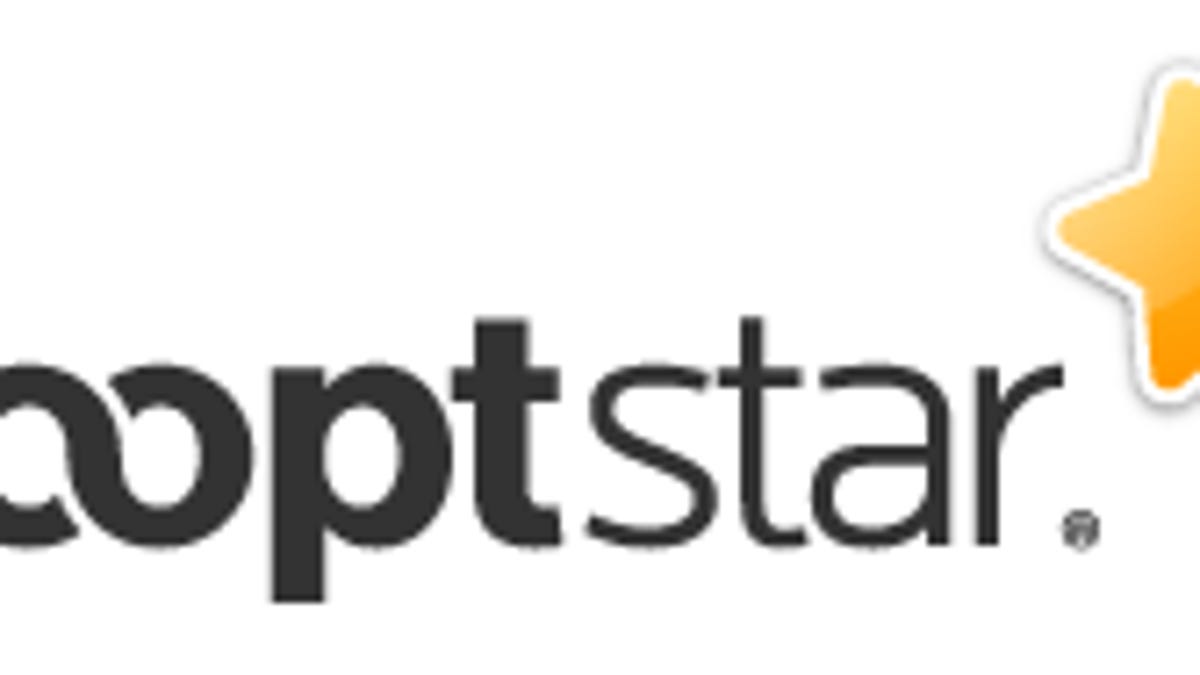Loopt gets a geo-aware directory of nearby deals
Loopt's location-aware deals service is expanding to make the process of finding and traversing to a nearby deal a more exploratory experience.

Users of location-based social network Loopt who are looking for discounts or other deals in their neighborhood now have an easier way to find them.
The service is expected to launch a new feature on Friday for its Looptstar application, which differs from Loopt's core app in that it's focused on finding nearby deals. The update takes the idea of showing you what deals are in your immediate vicinity and puts them into one large directory that users can browse without actually having to be at those places.
"Users had been asking us to see all the stuff in their city," Loopt co-founder Sam Altman said during an interview with CNET earlier this week. "One of the things we've discovered is that users don't search for places very much, but they like things that are recommended to them." To that end, the deals that users would normally find when checking in to a location can now be seen up to 20 miles out from where they can be redeemed.
Loopt is giving retailers the option to surface variations of these deals based on user location, so as Altman explained, a store can provide a slightly different reward depending on how near or far you are.
But does that mean advertisers can try to steal you away from a rival business if they can get an idea that you're there? "One thing that we're not doing, although we get tons of requests for it, is that people want to kind of own other people's virtual real estate, or target-based on the customers of competitors," Altman said. "So if you go to Starbucks a lot, Peet's would want to show you their specials. We're not doing any of that, yet."
However Loopt has an incredible amount of information at its disposal that it can use to make sure you're really where you say you are. For the companies that are partnering with the site, which include large brands like Starbucks, Paul Frank, and Gap, that's often a pre-requisite for the deeper discounts that can be had on a user's second and third check-in. "Right now, we basically can verify that you're on a very precise location fix by making it use the Wi-Fi, which doesn't have a very long range," Altman explained. "However, we're just beginning some experiments very, very short-range stuff, making sure you're actually at the point of purchase, like within five feet of that."
Loopt's iPhone effort remains one of the few apps out there that updates user location in the background--a recent addition to the iOS SDK, and something just a handful of developers have managed to roll out into their social applications (some have not been so lucky). To make users more comfortable with the idea, Altman and company have built in several safeguards, including granular controls over who can see your location, as well as for how long you want to keep the setting active. When asked if those settings were something Apple had asked for, Altman said simply "we did it because it's the right thing to do. There's definitely some sort of responsibility about doing this kind of stuff."
Loopt continues to compete against services like Foursquare, Yelp and Gowalla, all of which have also begun partnering with companies and local businesses to offer rewards. Beyond acting as a middleman to these companies, Loopt and the others like it own and control the data, and analyze a large amount of data that chronicles users habits. That data can then be turned into new business opportunities, though Altman downplayed some of that activity as being mundane.
"People are incredible creatures of habit. One of the most interesting things we've ever seen from looking at our data set is that we have this certainty of where you're going to be at any given point after you've used the service for a while," Altman said. "The depressing thing is that people don't vary much." Though by showing people where they could go to save some money, and if it's nearby to friends, Altman is hoping to change that.

